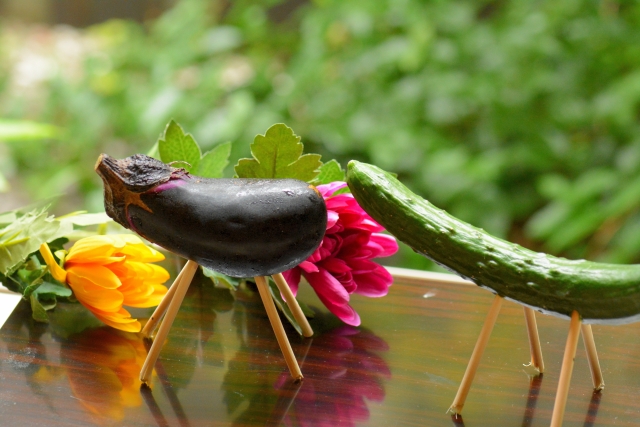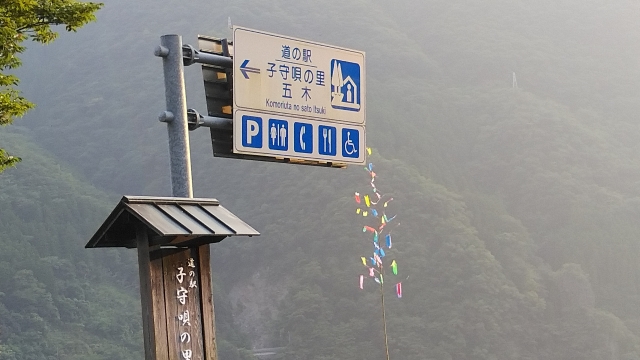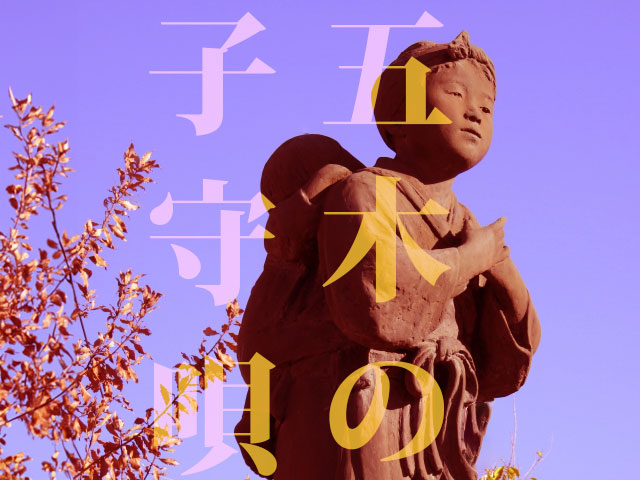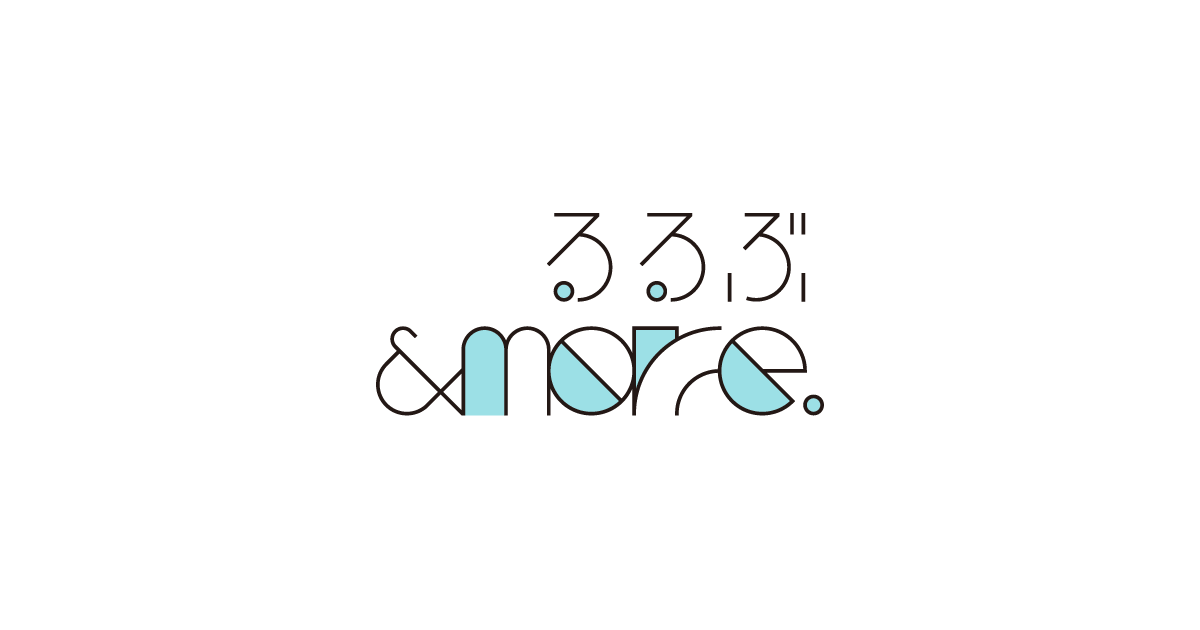Itsuki no komoriuta
Odoma bon giri bon giri
Bon kara sakya oran do
Bon ga hayo kurya hayo modoruOdoma kanjin kanjin
Anhitotacha yoka shu
Yoka shu yoka obi yoka kimonoLyrics & Comporser:Unkown
The Lullaby of Itsuki
I am until Bon, until Bon
There is nothing beyond Bon
If Bon arrives early,
I would return immediately
I am a poor folk, a poor folk
Those people are prosperous
Because they are wealthy,
They wear splendid sashes and fine kimonos

Obon is a custom to express gratitude to deceased ancestors, or in other words, to the bloodline that has connected one’s life to one’s own.
Originally, it was held around July 15 on the lunar calendar, but when the new calendar was introduced in the Meiji era (1868-1912), July 15 fell during the busy farming season, so it was moved one month later to around August 15 in many areas. Many companies and stores set their “Obon vacations” to coincide with this date, and since it also coincided with the end of the war, it seems to have taken root as a time to mourn those who had passed away. Therefore, the custom has taken root as a time to return to one’s parents’ home, similar to the winter New Year’s holiday. In recent years, however, many people consider it a time to enjoy leisure activities rather than to return home.
The custom of visiting graves and making offerings at home to welcome ancestors during Obon remains even in the 21st century. In such cases, cucumbers are sometimes used as horses and eggplants as cows, and decorations are sometimes made with the idea of having ancestors come early with the cucumber horses and return home slowly with the eggplant cows.

This “Itsuki no komoriuta” is not a lullaby to soothe a baby, but a “Moriko Uta,” a song about one’s circumstances, having been sent away from home because of poor birth and given the job of babysitting in a wealthy family. In Japan, 75% of the land is covered by forests, and the amount of land available for cultivation is much smaller than one might imagine. Therefore, men who could do the heavy lifting from the small harvest were given priority, and girls and elderly people were often sent to serve as “Kuchiberashi” or killed.
This song was sung in Itsukimura, Kuma-gun, Kumamoto Prefecture, and became known throughout Japan after World War II when it was recorded. However, it is not widely known that there is a continuation of the lyrics listed here.

Odon ga ucchinda chuute
dare ga naite kuryoka
ura no Matsuyama, semi ga naku
Even if I die,
Who will cry for me?
Perhaps only the cicadas on the pine-covered hill behind the house.
Semi ja gojansen
imouto de gozarū
imouto nakunayo ki ni kakaru
It’s not the cicadas,
It’s my younger sister.
Don’t cry, sister, it worries me.
Odon ga ucchindara
michibata cha ikero
tooru hito gochi hana agyuu
When I die,
Bury me by the roadside,
So I can give flowers to passersby.
Hana wa nan no hana
tsun tsun tsubaki
mizu wa ten kara moraimizu
What kind of flowers would they be?
The sharp, pointed camellia.
And the water will come from heaven.






コメント